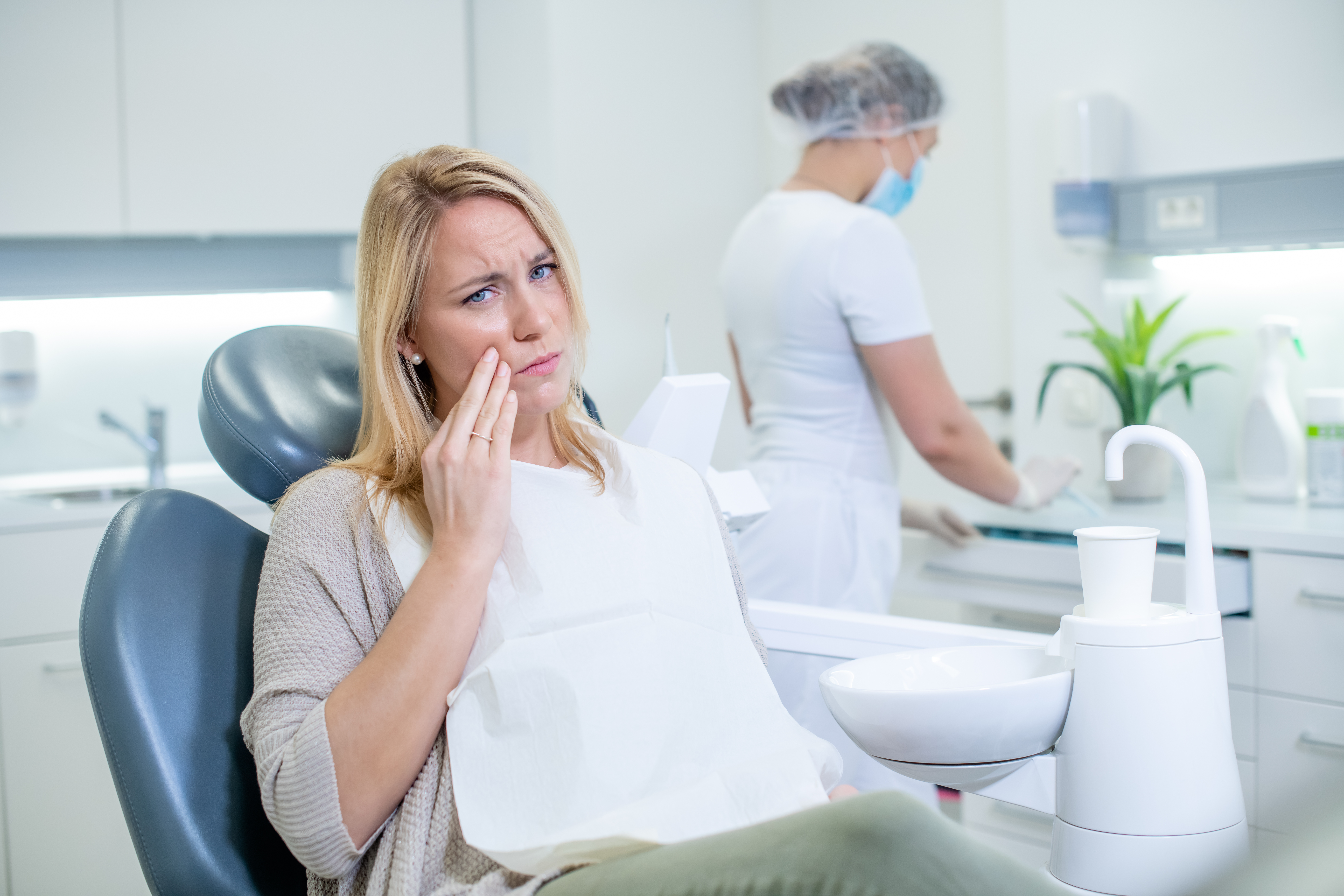Out of sight: Keeping a lid on optometrist costs
If you wear glasses or contact lenses all the time, you know they can be costly. Given you can’t do without them, it’s a cost you just have to bear, right?.
Tooth ache: Are dental implants the best option?
Are you having a tooth pulled? Or lost some teeth in an accident? Or simply don’t like the way your teeth look? Your dentist may suggest dental implants.
While there are good health reasons for replacing a missing or extracted tooth (or teeth) as soon as possible, it’s important to understand what dental implants are and what is involved in the procedure.
Reality bites: The true cost of dental care
Seeing the dentist for the first time in a while? Need to take your child to the dentist? There are things you should know before you go.
Paying a premium: What are the real benefits of private health insurance?
Private health insurance is a popular choice in Australia, with more than 13 million people, or 55.2 percent of the population, holding a policy. More than $22 billion is paid out in benefits each year, which sounds like a huge amount being returned to customers. But is it?
Sharp practice: Don’t take short cuts with cosmetic surgery
All surgery comes with risks and cosmetic surgery is no different. But with even the national medical regulator acknowledging that the industry’s profit-driven culture puts patients in danger, just how risky is it to go under the knife?
Baby boom: Is private health insurance necessary if you’re planning for pregnancy?
Planning to have a baby? Pregnancy is an exciting time but also a nerve-wracking one. There is so much to think about, not the least of which is where to have your baby.
Australians are fortunate to have access to good health care. And most women will give birth in a public hospital, where the charges will be limited. But many opt for private hospitals because they believe it will be a better pregnancy experience, including the promise of a private room after the birth.
It’s one of the reasons women who are thinking about getting pregnant take a closer look at private health insurance. This might mean updating their existing policy to cover pregnancy and birth. Or taking it out for the first time specifically for that reason.
Time for a check-up: Take a closer look at your private health insurance
It’s that time of the year again. Your advice about the annual rise in your health insurance premiums has just arrived. But don’t just sigh and make a mental note of the extra dollars coming out in a few days. Take it as a sign - a sign to reexamine your policy and make sure it is working for you.
It’s not just about your age, but your stage in life. Are you thinking about having a baby? Do you need a lot of physio? Is your health deteriorating to the point you think you might be more likely than not to need to go to hospital within the next year?
You may not want to ditch your health insurance altogether, but by taking a closer look and thinking about what and where your policy delivers - or isn’t delivering - you could get a lot better value for money.
What to wear: Finding a fitness tracker fit for purpose
If you’re a fitness fanatic, it’s likely you have already invested in the modern tool for monitoring your efforts. And you’re not alone - according to Deloitte Consumer Trends 2021 report, one in five Australians own a wearable fitness tracker.
But if you’re kicking off 2022 with an action plan that includes a whole lot more exercise, you may be curious about their benefits. Is it worth adding a fitness tracker to your get-fit arsenal? What do they actually do? And how will they help you reach your goals?
Ways to decide to get or keep Private Health Insurance
COVID has made us appreciate how important it is to care for our health. At the start of the lockdown, restrictions meant we had to cancel our checkups. Now, we are making bookings for our vaccine injections. It is also that time of year when the price of Private Health Insurance increases. You are probably wondering how the latest changes will affect you and your family.
Films, hotels now food. Can this system really get you making good choices?
What do films, hotels, appliances and now food all have in common? They have a star rating system designed to help us make better choices. And while sitting through a mediocre film does little more than waste our time, the star rating system on packaged foods has promised better health. But can a simple label on packaged food be the answer to rising obesity?
The recently introduced system has got its detractors. For starters, how does a system rating healthiness give a better score to hot chips than greek yogurt? We'll get to that shortly. And how can we make best use of the labels despite their limitations?










